Overkill. Is It Ruining Your Training?
 Friday, August 20, 2010 at 6:37PM
Friday, August 20, 2010 at 6:37PM 
Endurance athletes don't have a lot of spare time. We accidentally eat up free moments by overkilling in many areas. There is efficiency and elegance in simplicity, and it can take you much farther in training than you think.
To illustrate the point, there's an old saying for how women should dress for a party - "Put on only the jewelry you need. Now, remove one item." It makes you look and feel like you have your act together. In triathlon, this equals speed and success.
So let's get started. Here's a quick list of the usual suspects in triathlon overkill.
- Too much gear. People are happiest when they only have to choose between about three items. More than that creates stress and indecision. When you've got six road bikes, you spend a lot of time picking out the one to ride and then wondering if you made the right decision. That stress weighs on you and slows you down.
- Dieting. All that needs to be said is that most triathletes are told to eat more (of the right foods) to get their workouts done with the right vigor. Overkilling the diet makes you weak.
- Too much junk on long rides, runs and races. First, go find a pro or elite racer and scope out what they take with them. It's surprisingly little. No socks, no bandanas, no handheld GPS's, no excessive blinky lights, no gloves in races, or turning themselves or their bikes into water trucks. To be fast, imitate the fast people.
- Eating energy food when you're not working out. Unless you're out of base training mode and in the middle of an intense workout, you shouldn't be eating "energy" food. If you are eating a powerbar, a gel, drinking gatorade or similar and you aren't in the middle of a very intense workout or race, then you're training your body to fuel on sugar instead of fat. Fat has twice the potential energy of sugar, so save the sugar for when you have the accelerator pegged to the floorboard and need it. Otherwise, you're putting on weight you'll have to burn off later.
- Excessive planning. Until it happens, it's just guessing. All that time spent trying to pick out the perfect route and coordinating people is wasted when it rains and you have to change plans anyway. Just go outside and... just go.
- Excessive documenting and analyzing training data. Just like some people don't document enough, some document way too much. Athletes often spend valuable training time recording every watt from every split when what really needs to be recorded is not much more than how hard for how long. I have my own coaching clients record effort level, time, distance (as an effect - not a goal), and comments about how they felt. It keeps them extremely focused and teaches that training is training; nothing can take it's place. Extremely detailed data is saved for key workouts and races only.
Have any stories about how you eliminated overkill in your training life? Leave them in the comments and discuss!
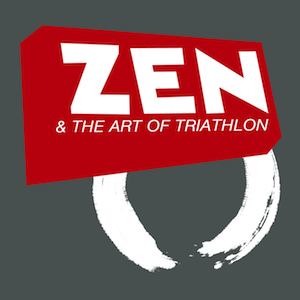

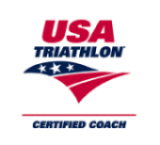




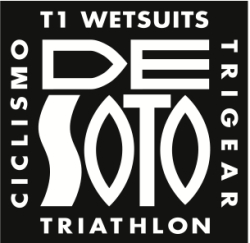


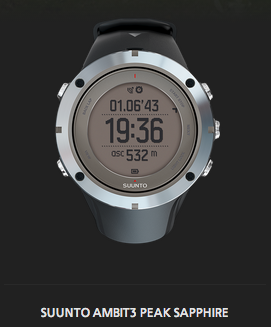
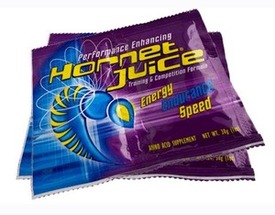


Reader Comments (6)
how did you get a photo of my triathlon bike?
I used to spend 15 mins getting all my gear ready to go for a ride. Now i just go. That 15 mins more training time.
Use a HRM but i try to guess my HR before i look at it based upon how i am feeling and breathing hoping one day i wont need it all the time. Also when i forget it i do not freak out now.
I got rid of my heart rate monitor. It's a variable metric based on course, temp, training condition, amount of sleep, hydration and mode of exercise. I started not working out if I didn't have my hrm and wasting time with it when it was buggy. Started going off RPE and have not looked back. Much less likely to hold back and have made a ton of progress in my running especially.
Ya know, I was just thinking about this the other day and why I've recently fallen in love with running again. I used to use a Polar HR monitor w/ footpod on every single run. I felt I needed mounds of data to help myself improve and, as Brett put it, was stressing over the gear and collecting data. In the past few months I've switched to primarily running in Vibram KSOs which can't really fit the footpod properly. This has actually become a blessing in disguise because now all I do is throw on my running clothes and I'm out the door in less than 5 min. Now if I could only find a similar groove for getting on the bike...
Thanks again for confirming that I've chosen "wisely"...
Sports drink for all workouts. Unless you are going for at least 90 minutes, you need nothing more than water (and maybe some electrolytes).
Race wheels or training days. Do you really need the disk for your Sunday long ride?
I disagree though on the heart rate monitor. Experienced athletes really don't need one, but for the majority of us, it's an important bio feedback device for making sure that you go easy when you are supposed to be going easy and hard when you are supposed to be going hard.
I also disagree on planning. Haphazard unplanned training tends to yield poor race results. Excessive planning can be bad, especially when you create stress by focusing on the workouts you missed/changed, but having no plan is worse, right?
@Michael - Interesting point on the last part. Reminds me of when a Zen master was questioned on his conflicting advice. He said, "People are like a man walking down a road with a ditch on either side. Some need to be told to go more to the left, some more to the right." The advice is good if you need to hear it.